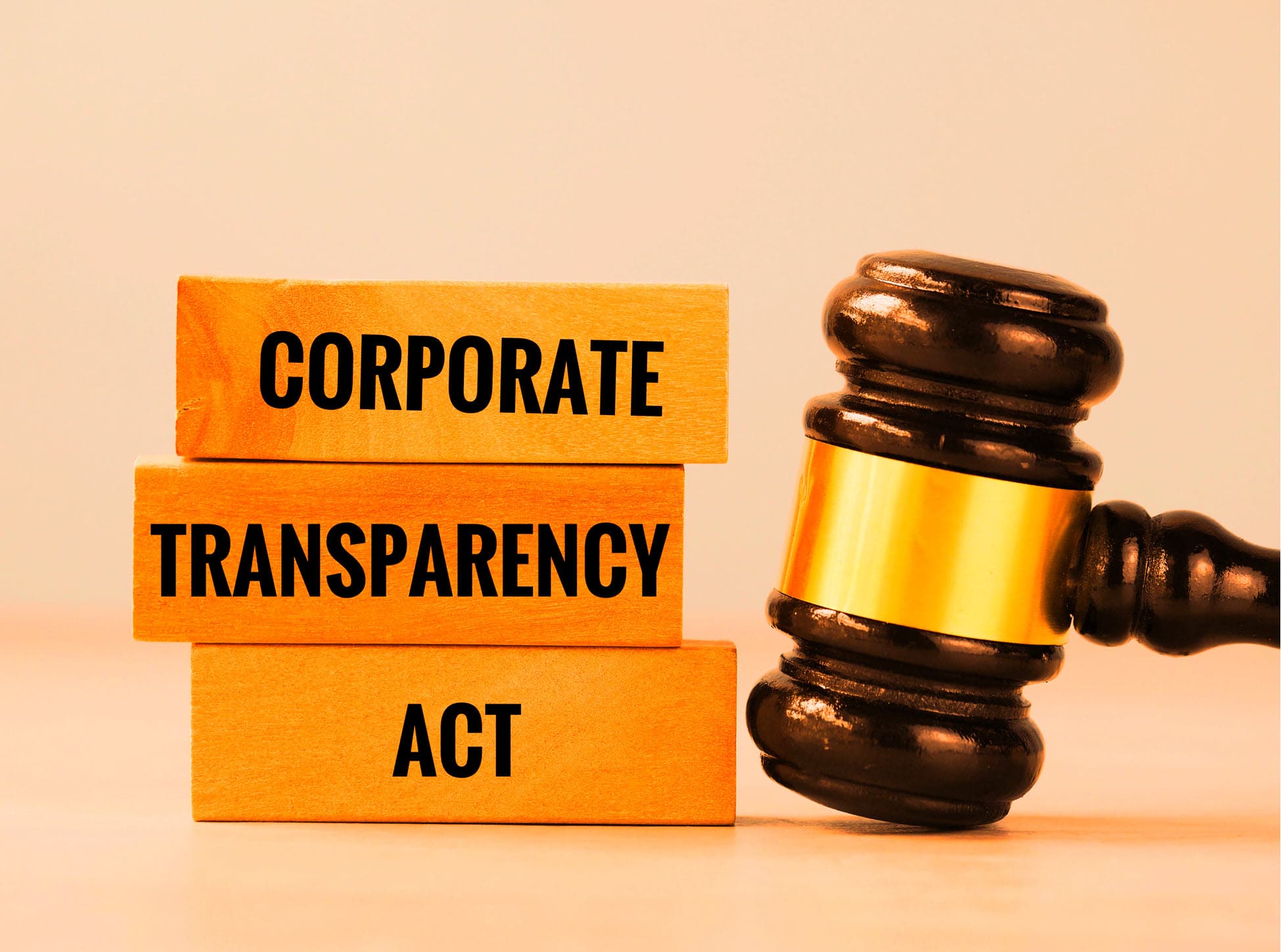SBA Eases the Minds of Borrowers Concerned About the PPP “Necessity” Certification
SBA Eases the Minds of Borrowers Concerned About the PPP “Necessity” Certification

By Procopio Partner Paul B. Johnson
On May 13, 2020, the U.S. Small Business Administration (SBA), in consultation with the U.S. Department of the Treasury, added Question 46 to the list of Paycheck Protection Program (PPP) Loans Frequently Asked Questions (FAQs), significantly easing the minds of borrowers.
Summary:
- Recipients of PPP loans less than $2 million will be deemed to have made in good faith the certification regarding their need for the loan.
- Recipients of PPP loans over $2 million will be required to repay the loans if the SBA believes their necessity certification “lacked adequate basis,” and such loans will not be eligible for forgiveness. If recipients repay the loan, however, the SBA won’t pursue enforcement or refer enforcement to other agencies.
More detail:
In a nod to the uncertainty created by FAQ Questions 31 and 37, in Question 46 the SBA adds a safe harbor for borrowers that, together with their affiliates, received PPP loans with an original principal amount of less than $2 million. Question 46 states these borrowers “will be deemed to have made the required certification concerning the necessity of the loan request in good faith.”
In addition, Question 46 also gives insight into what would happen if the SBA believed a borrower of over $2 million “lacked an adequate basis for the required certification….” In this case the SBA “will seek repayment of the outstanding PPP loan balance and will inform the lender that the borrower is not eligible for loan forgiveness.” In addition, “[i]f the borrower repays the loan after receiving notification from SBA, SBA will not pursue administrative enforcement or referrals to other agencies based on its determination with respect to the certification concerning necessity….”
Both elements of this FAQ bring very good news for borrowers, whether they are still seeking or have already obtained PPP loans. For borrowers of less than $2 million, this safe harbor seems to take enforcement for violation of the necessity certification off the table (other certifications remain subject to enforcement risk). It is notable that this is characterized as a “safe harbor,” rather than a presumption. With a presumption the SBA would have been expected, in egregious cases, to reserve the right to bring evidence to rebut the presumption and still make its case. Instead the FAQ describes a “safe harbor” that the certification “will be deemed” to have been made “in good faith.” Presumably this means all borrowers of under $2 million do not have to worry about any second-guessing of their certification. The SBA said it is taking this position based on its view that “borrowers with loans below this threshold are generally less likely to have had access to adequate sources of liquidity in the current economic environment,” and to “promote economic certainty as PPP borrowers with more limited resources endeavor to retain and rehire employees.” The SBA added that “this approach will [also] enable SBA to conserve its finite audit resources and focus its reviews on larger loans, where the compliance effort may yield higher returns.” Overall, it is clear the SBA believes both its and borrowers’ resources are better spent elsewhere. Creating this safe harbor in what would have otherwise required a difficult examination of each borrower’s facts and circumstances should, in fact, create much more certainty in borrowers’ minds, and help meet the goals of the CARES Act.
Borrowers with loans over $2 million can also breathe significantly easier, with the SBA adopting a “no harm, no foul” approach that if the recipient repays the loan amount, it will not be subject to SBA enforcement, nor have its case referred to any other agency, at least with respect to the necessity certification. Again this additional certainty should help borrowers of these larger loans sleep easier. If the SBA disagrees with their analysis, they can simply repay the money.
A few things of particular note:
First, borrowers must include affiliates “to the extent required under the interim final rule on affiliates, 85 FR 20817 (April 15, 2020)” (PDF here) to determine the size of their loan for purposes of this safe harbor. If multiple affiliated entities had loans, borrowers will have to total the amounts of all such loans to know if the safe harbor applies.
Second, while the risk of government enforcement was significantly decreased, it appears individuals could still, under the False Claims Act, unilaterally pursue claims a borrower’s necessity certification was unsubstantiated. The government reserves the right to unilaterally dismiss these individual claims, but what tack the government will take is unclear. Whether they will allow whistleblowers to fight these fights, or they will protect the borrowers and move to dismiss such complaints, remains to be seen.
Third, for loans over $2M, it’s clear you can still “lack adequate basis for the required certification….” As a result, we continue to highly recommend to clients that they document the “basis” for their certification. We have been advising clients on some of the key factors to consider in this documentation.
Finally, whether you can really “simply” repay the loan, as we suggest above, may not be simple at all. If the SBA’s determination that your certification “lacked adequate basis” is part of your forgiveness review, expected to occur well prior to the maturity date, news you must repay this loan (potentially before the original maturity date) may be quite unwelcome, especially if your plans assumed they’d be forgiven.
Notwithstanding, borrowers that were previously concerned whether the SBA, with 20/20 hindsight, would share their conclusion they had an acute need for capital can breathe easier, regardless of the size of their PPP loan.
Stay up-to-date with the Procopio newsletter.
Sign Up NowMEDIA CONTACT
Patrick Ross, Senior Manager of Marketing & Communications
EmailP: 619.906.5740
EVENTS CONTACT
Suzie Jayyusi, Events Planner
EmailP: 619.525.3818









